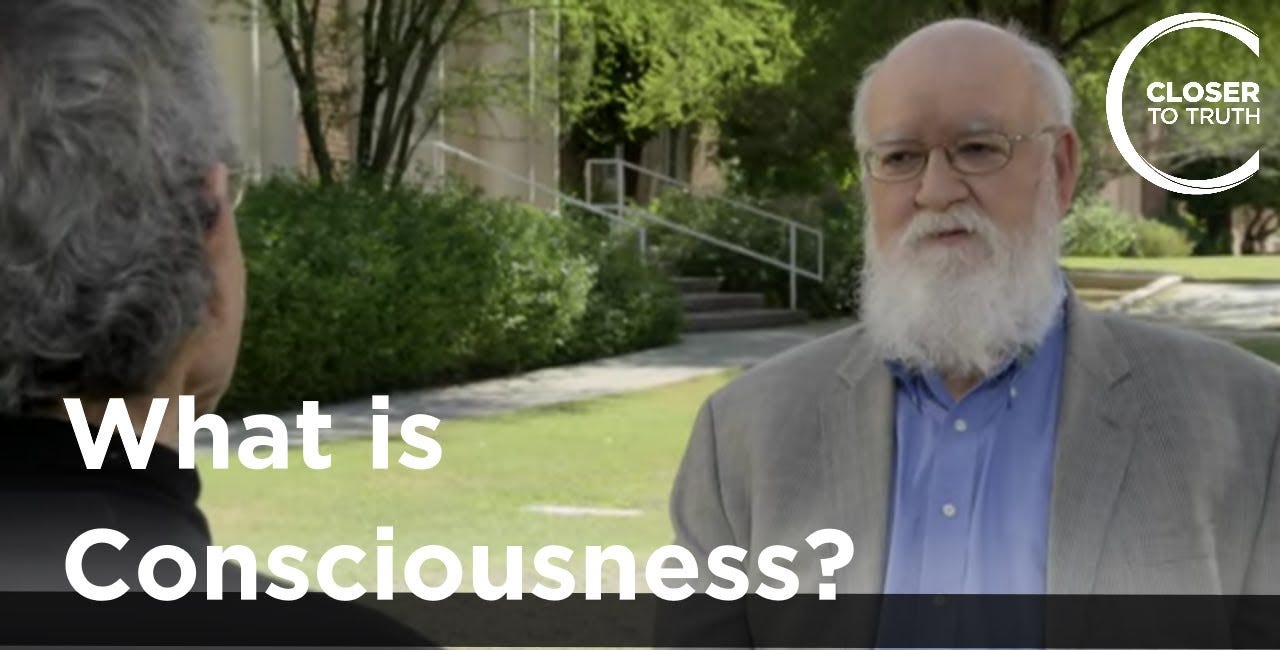God, Evil, Matter, and Mind
How both theists and materialists stand pat in the face of objections
It is a simple point of logic that if propositions p and q are both true, then they are logically consistent, though not conversely. So if God exists and Evil exists are both true, then they are logically consistent, whence it follows that it is possible that they be consistent. This is so whether or not anyone is in a position to explain how it is possible that they be consistent. If something is the case, then, by the time-honored principle ab esse ad posse valet illatio, it is possible that it be the case, and one's inability to explain how it is possible that it be the case cannot count as a good reason for thinking that it is not the case.
Example. No one has successfully answered Zeno's Paradoxes of Motion. (No, kiddies, Wesley Salmon did not successfully rebut them; the 'calculus solution' is not a definitive (philosophically dispositive) solution.) But from the fact, if it is a fact, that no one has ever shown how motion is possible, it does not follow that motion is not possible. Further examples are easily multiplied.
So if it is the case that God exists and Evil exists are logically consistent, then this is possibly the case, and a theist's inability to explain in a manner satisfactory to all competent practitioners how God and evil can coexist is not a good reason for him to abandon his theism — or his belief in the existence of objective evil.
The theist is rationally entitled to stand pat in the face of the 'problem of evil' and point to his array of arguments for the existence of God whose cumulative force renders rational his belief that God exists. Of course, he should try to answer the atheist who urges the inconsistency of God exists and Evil exists; but his failure to provide a satisfactory answer is not a reason for him to abandon his theism. A defensible attitude would be: "This is something we theists need to work on."
Atheists and naturalists ought not object to this standing pat since they do the same. What committed materialist about the mind abandons his materialism in the face of the various arguments (from intentionality, from qualia, from the unity of consciousness, from the psychological relevance of logical laws, etc.) that we anti-materialists marshal?
Does the committed materialist give in? Hell no, he stands pat, pointing to his array of arguments and considerations in favor of materialism, and when you try to budge him with the irreconcilability of intentionality and materialism, or qualia and materialism, or reason and materialism, or whatever, he replies, "This is something we materialists need to work on." He is liable to start talking, pompously, of his 'research program.' He may even wax quasi-religious with talk of "pinning his hopes on future science" as if — quite absurdly — knowing more and more about the meat within our skulls will finally resolve the outstanding questions. And what does science have to do with hope? There is something exceedingly curious about hoping that one turns out to be just a material system, a bit of dust in the wind.
"I was so hoping to be proved to be nothing more than a clever land mammal slated for destruction, but, dammit all, there are reasons to think that we are more than animals and have a higher destiny. That sucks, if true!"
Related:
Can Consciousness be Explained?
To answer the title question we need to know what we mean by 'explain' and how it differs from 'explain away.' 1. An obvious point to start with is that only that which exists, or that which is the case, can be explained. One who explains the phenomenon of the tides in terms of the gravitational effect of the moon presupposes that the phenomenon of the …



